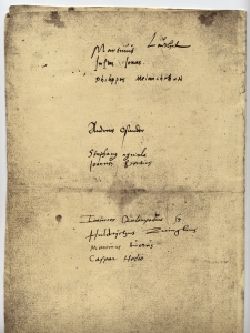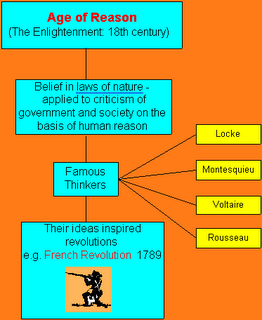LUTHER 1527 The Council of Nicaea, 325



LUTHER 1527
This is the rancor and hatred of natural reason, which wants nothing to do with this article and therefore spits and vomits against it, and then tries to wrap itself in Scripture so that it may avoid being recognized. Not a single article of faith would remain if I followed the rancor of reason. I too could use this spitting and vomiting against it, to show the blasphemers that spitting is not simply an art of the Holy Spirit. I can say of God:
Of what use is it that he is man?
Why must one believe such a difficult thing?
(To Zwingli, Luther’s view thrusts upon people assertions which are not only difficult but impossible to believe, and force the senses to rebellion. Commentary. LWZ 3, 212 ff. “Why, pray, do we burden pious hearts with words of this kind, which no intellect can comprehend?” Ibid., 250. Cf. his dictum at the Marburg Colloquy, 1529: “It is not true that God puts before us many incomprehensible things.” Sasse, This Is My Body, p. 241.)
Why don’t the apostles worship him in the Supper?
What sense does it make that this Divine Majesty permits himself to be crucified by wicked fellows?
Oh, what a meat-God!
Oh, what a bloody God!
Oh, what a dead God!
And so forth.
The Council of Nicaea, 325.
After this address he gave way to the (ecclesiastical) presidents of the council and the business began. The emperor, however, constantly, took an active part, and exercised a considerable influence.
Among the fathers of the council, besides a great number of obscure mediocrities, there were several distinguished and venerable men. Eusebius of Caesarea was most eminent for learning; the young archdeacon Athanasius, who accompanied the bishop Alexander of Alexandria, for zeal, intellect, and eloquence. Some, as confessors, still bore in their body the marks of Christ from the times of persecution: Paphnutius of the Upper Thebaid, Potamon of Heraklea, whose right eye had been put out, and Paul of Neo-Caesarea, who had been tortured with red hot iron under Licinius, and crippled in both his hands. Others were distinguished for extraordinary ascetic holiness, and even for miraculous works; like Jacob of Nisibis, who had spent years as a hermit in forests and eaves, and lived like a wild beast on roots and leaves, and Spyridion (or St. Spiro) of Cyprus, the patron of the Ionian isles, who even after his ordination remained a simple shepherd. Of the Eastern bishops, Eusebius of Caesarea, and of the Western, Hosius, or Osius, of Cordova, had the greatest influence with the emperor. These two probably sat by his side, and presided in the deliberations alternately with the bishops of Alexandria and Antioch.
HISTORY OF THE CHRISTIAN CHURCH Schaff Volume 3 NICENE AND POST-NICENE CHRISTIANTY A.D. 311-600
(Pages 626-627)

0 Comments:
Post a Comment
<< Home